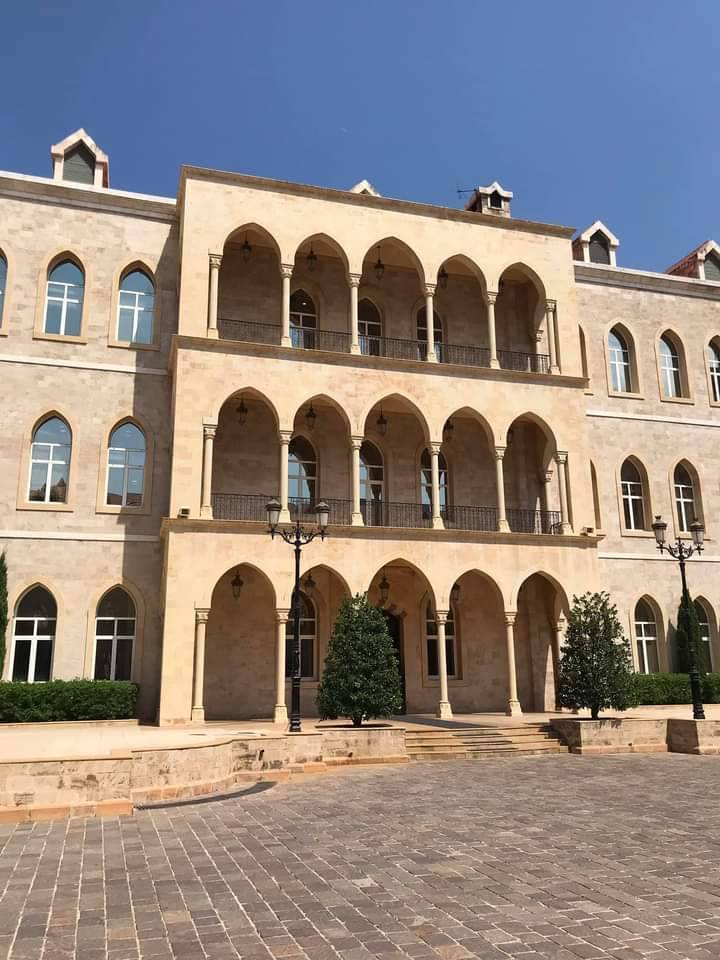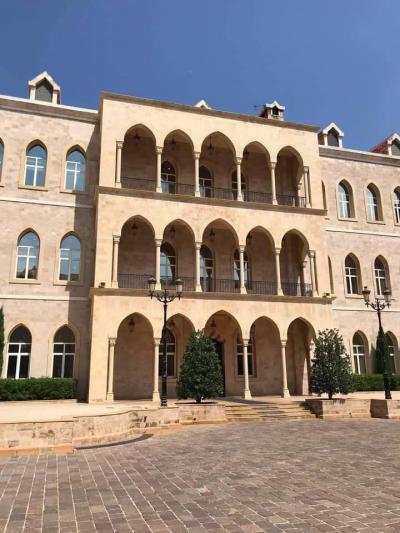After completing the parliamentary presidency elections and with the expectation of concluding the committee elections today, the "change-makers" in the Lebanese parliament face their third challenge: appointing a Prime Minister and forming the Cabinet. This issue has been a topic of discussion in their ongoing meetings, but a final decision regarding their candidate for the prime ministership or their representation in it has not yet been made. The only decisive decision they have made so far is to separate parliamentary duties from ministerial ones, which means that no member of theirs will participate in the upcoming government.
MPs Melhem Khalaf and Najat Aoun from the "Change Bloc" confirm that the name of the "change-makers'" candidate for Prime Minister has not yet been decided. Khalaf stated in an interview: "Our meetings are open, and we have started discussing this challenge based on specific criteria and fundamental principles that should be met by the candidate for Prime Minister." Addressing rumors about disagreements among the change MPs regarding the nomination of Ambassador Nawaf Salam to head the government, Khalaf denies such claims, emphasizing that discussions have not yet reached the stage of naming individuals for government representation after they have resolved to separate parliamentary and ministerial roles.
Khalaf mentioned that discussions would also include how they would participate in parliamentary consultations, whether as a unified bloc comprising the 13 "change" MPs or individually, representing the groups they ran with in the parliamentary elections. This is after it was noted that they previously submitted their names to the parliamentary secretariat individually, rather than as a block.
MP Najat Aoun Saliba confirms that "the fundamental matter settled for us is the separation of powers, meaning not to combine parliamentary and ministerial roles, as we believe a member of parliament who is meant to monitor the government's work cannot be part of its team." She adds: "Our meetings are ongoing, and we will hold a meeting soon to discuss this challenge and decide our position on it." Furthermore, she states that "for us, the importance lies in the methodology used regarding the qualifications of the Prime Minister based on the tasks they must perform at this particular stage, rather than on the name of any individual, otherwise we would be like the ruling parties in their pre-packaged approaches to challenges."
While Saliba recalls the methodology followed in the parliamentary committee elections, emphasizing the adoption of voting over agreements and quotas, she criticized the election of two MPs wanted in the Beirut port investigation to the Administration and Justice Committee, referring to MPs Ali Hassan Khalil and Ghazi Zeaiter. She affirmed: "In the coming phase, the priority is to solve the Lebanese economic and social crises and to stop the ongoing bleeding. Anyone wanting to lead the government must be capable of this task with a specialized team and competent ministers, many of whom exist in Lebanon."




